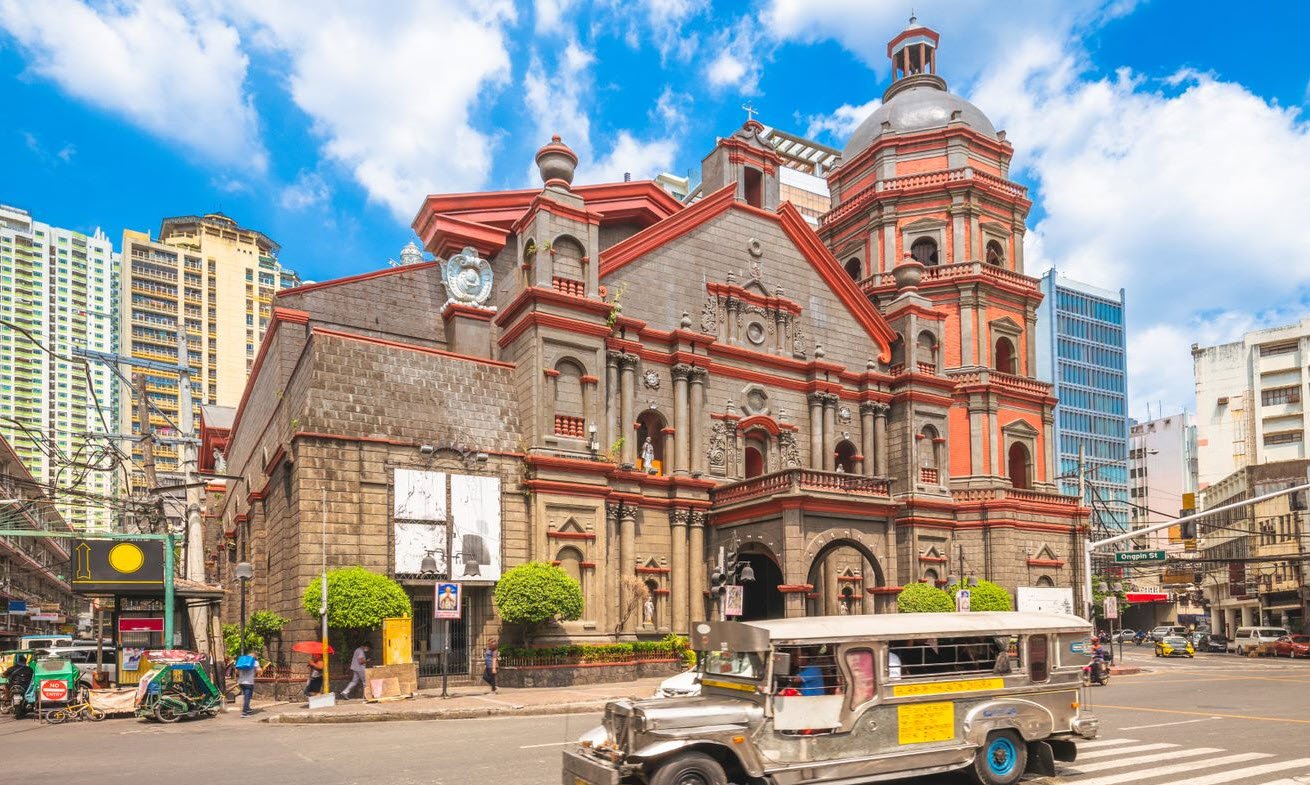In brief
Various agencies led by the Department of Trade and Industry (DTI) have signed Joint Administrative Order No. 24-03, Series of 2024 containing the Implementing Rules and Regulations (IRR) of Republic Act No. 11967, or The Internet Transactions Act of 2023 (ITA).
The ITA is intended to regulate e-commerce, protect consumer rights and data privacy, and uphold intellectual property rights. (See our client alert on the ITA here).
The IRR clarifies the scope and coverage of the ITA, the enforcement powers of the DTI vis-à-vis other agencies, and the applicable procedure for imposition of fines. It also sets out the Codes of Conduct for online businesses and online consumers, and provides additional requirements and obligations.
The IRR is currently in effect. However, there is an 18-month transitory period granted by the ITA for affected parties to comply with the requirements of the law.
Key takeaways
The IRR provides additional guidelines that are expected to aid in the implementation of the ITA, which applies to all Business-to-Business (B2B) and Business-to-Consumer (B2C) internet transactions within the mandate of the DTI. In particular, the IRR clarifies the coverage of the ITA by defining key terms such as “availment of the Philippine market” and “minimum contacts”. The IRR likewise imposes additional requirements and obligations, which must be noted by affected parties to ensure compliance with the new regulatory regime.
Businesses engaged in B2B or B2C internet transactions should assess whether their current business models comply with the new requirements and obligations under the ITA and the IRR. Furthermore, businesses should identify whether aspects of their operations fall within the ITA’s definitions of digital platform, e-marketplace, or e-retailer or online merchant, each of which is governed by separate sets of requirements and obligations.
Quisumbing Torres is able to advise on the regulatory requirements under the ITA and the IRR, and assist in assessing existing procedures and policies, with a view to ensuring compliance.
In more detail
The salient provisions of the IRR are discussed below.
- Scope and coverage
The ITA provides that it applies to all B2B and B2C internet transactions within the mandate of the DTI, where one of the parties is situated in the Philippines or where the digital platform, e-retailer, or online merchant is availing of the Philippine market and has minimum contacts therein.
The IRR defines “availment of the Philippine market” as any action or conduct that leads to, or indicates the intention to transact with persons or businesses located in the Philippines including, but not limited to:
- Advertising directed to the Philippine market
- Soliciting, allowing or receiving within the Philippines orders, payments and deliveries (i.e., soliciting orders, allowing or receiving payments, making deliveries)
- Contracting with third parties to fulfil orders
- Providing technical or customer support to customers in the Philippines
- Procuring telecommunications services, bandwidth, or infrastructure
It further defines “minimum contacts” as any touchpoint or interaction with any potential or actual customer, whether an individual, partnership, corporation or business, located in the Philippines, regardless of residence or citizenship. Minimum contacts are deemed established if users in the Philippines are allowed to access and use a digital platform, and permitted to exchange information, goods or services while in the Philippines.
The IRR further clarifies the scope and coverage of the ITA by establishing a presumption that the following are considered B2C transactions:
- When a person sells or offers to sell a product or service through an organized business entity (e.g., uses a business name other than the seller’s real name with a barangay or Local Government Unit permit, issues a Bureau of Internal Revenue registered receipt, uses a logo, etc.)
- When a person sells or offers to sell a product or service as a continuous business activity to generate income
- When a person engages in e-commerce by “doing business” as defined by Republic Act No. 7042, or the Foreign Investments Act of 1991, as amended
- When a person engages in transactions not for personal, family or household purposes
It further provides that the value, frequency and volume of sale or offer for sale of products, goods, and services may be considered in determining the existence of a C2C transaction.
- Exclusions
The IRR clarifies that the following are not covered by the ITA:
- C2C internet transactions
- Transactions that do not constitute e-commerce, such as those solely and exclusively executed, consummated, and perfected offline
- A foreign entity that does not avail of the Philippine market through e-commerce
- A domestic entity that does not avail of the Philippine market through e-commerce
- Online media content, except that live-selling shall be considered advertising and the monitoring of live-selling by the DTI shall not be considered regulation of content nor censorship of online media
- Obligations of digital platforms, e-marketplaces, and e-retailers and online merchants
The IRR reiterates and expounds the sets of obligations that each apply to: (i) digital platforms that do not retain oversight over the consummation of the transaction; (ii) e-marketplaces, or digital platforms that retain oversight over the consummation of the transaction; and (iii) e-retailers and online merchants.
- Enforcement powers of the DTI vis-à-vis other agencies
The ITA confers solely upon the DTI secretary the power to issue summons, subpoenas, compliance orders, takedown orders, and blacklist orders. However, the IRR clarifies that the E-Commerce Bureau and other regulatory agencies may recommend the issuance of these processes based on their respective investigations.
- Applicable procedure for imposition of fines
The IRR adopts the Simplified and Uniform Rules of Procedure for Administrative Cases filed with the DTI for Violations of the Consumer Act of the Philippines and Other Trade and Industry Laws, as amended, as the governing procedure for the imposition of administrative fines as penalties provided under the ITA.
- Codes of conduct for online businesses and online consumers
The IRR provides Codes of Conduct for online businesses and online consumers, in the form of lists of general guidelines in engaging in e-commerce or availing of e-commerce goods or services. The IRR expressly states that the lists are non-exclusive. It also requires all persons engaged in e-commerce and online consumers to act with justice, give everyone his due, and observe honesty and good faith in the exercise of their rights and in the performance of their duties.
- Additional requirements and obligations
The IRR imposes the following requirements and obligations that are not explicitly provided under the ITA:
Digital platforms, e-marketplaces, e-retailers, and online merchants engaged in e-commerce in the Philippines or purposely availing of the Philippine market are obliged to submit all required information to the E-Commerce Bureau upon establishment of the Online Business Database.
E-marketplaces are mandated to require online merchants to submit their Certificate of Registration to the Bureau of Internal Revenue (in addition to the names of online merchants with identification documents, address, contact details, and professional details required under the ITA).
Digital platforms are obliged to require online merchants to indicate where the goods are produced or manufactured (in addition to the names and brands of the goods or services, prices, descriptions, condition, and contact information of the online merchant required under the ITA).












